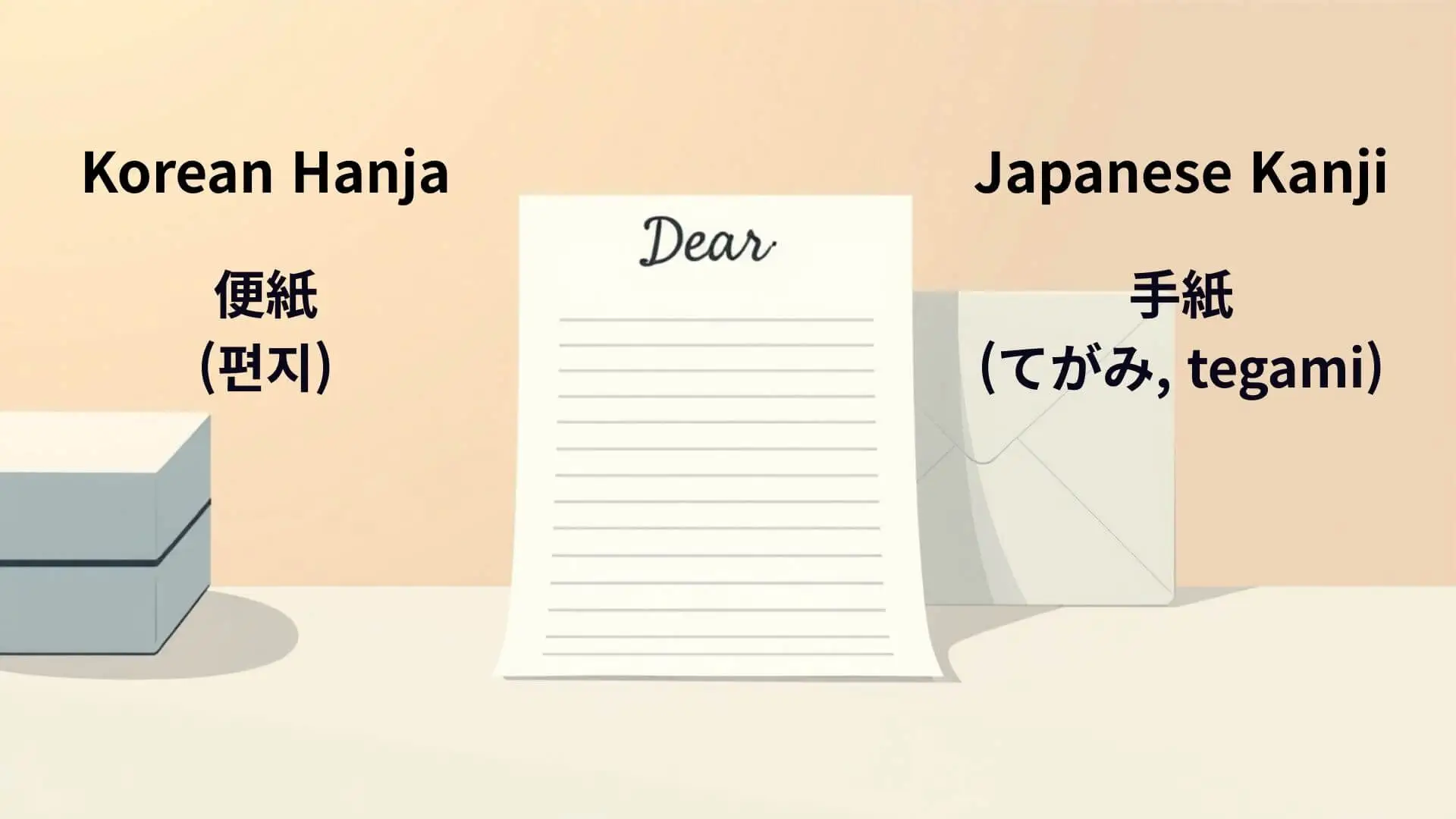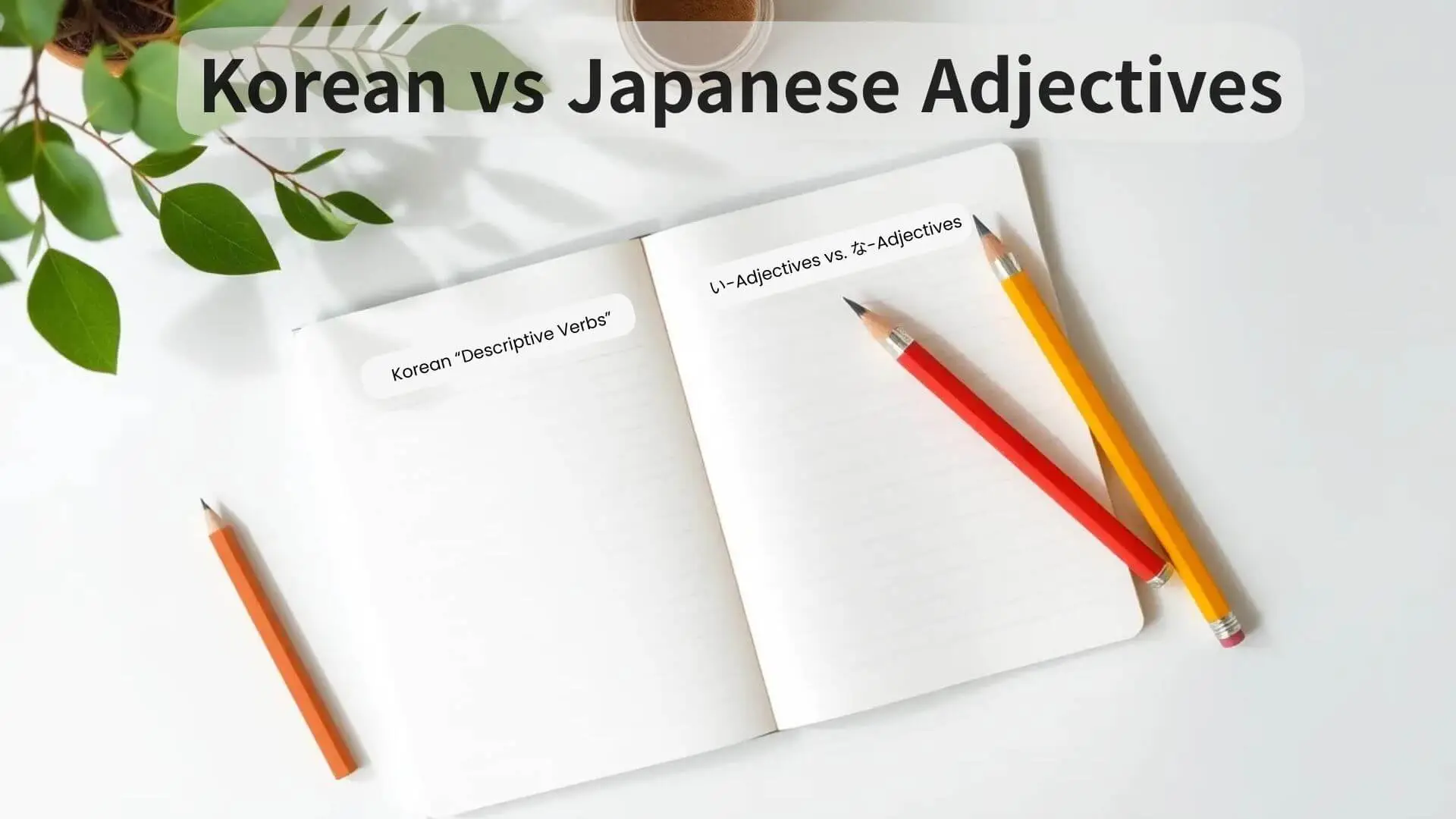“like JENNIE” by BLACKPINK: Korean Lyrics, Meaning, and Cultural Insights
Explore BLACKPINK’s JENNIE solo track like JENNIE with detailed analysis of its Korean lyrics. Learn the meaning behind phrases like “얼말 줘도 못해, 서커스짓” and “포징 한 번에 만들어, mosh pit,” while understanding cultural references, language play, and K-pop performance insights. Introduction — Song & Artist Overview BLACKPINK’s JENNIE has solidified her place as … Read more










